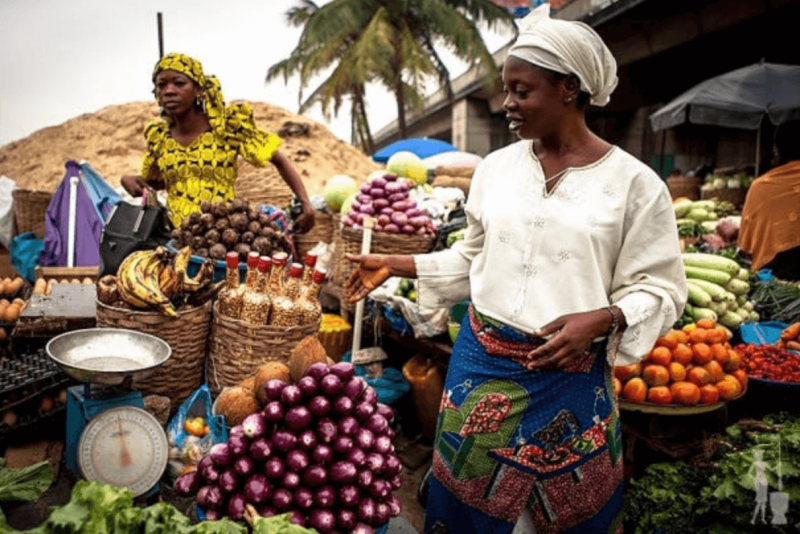The tortuous journey to creating food security through bio-technology has been undulating, but it is a sacrifice worth making by stakeholders who have been involved in the processes. Over the years, farmers’ productivity and profitability have continued to decline in Nigeria and other developing countries, due to several factors, ranging from frequent and deadly pest attacks on conventional crops, droughts, and climate change.
So, no news can be more cheering to them than the emergence of Bio-technology (Bt) or Genetically Modified crops with the capabilities to mitigate the adverse effects the attacks.
Genetic Modification of crops, though, a new technology, is said to have provided the most advanced way for selecting desirable traits in crops, and proven surest assurance to quick solutions to the problems of low productivity which farmers are faced with globally.
Scientists have a convergence of opinion that Biotech crops have enhanced genes that could withstand the onslaught of pesticides, drought and even the adverse effects of climate change that is swiftly changing narratives of agriculture in Nigeria and that of Sub-Saharan Africa.
Read full, original article: Biotechnology: Gateway to Nigeria’s food sufficiency































